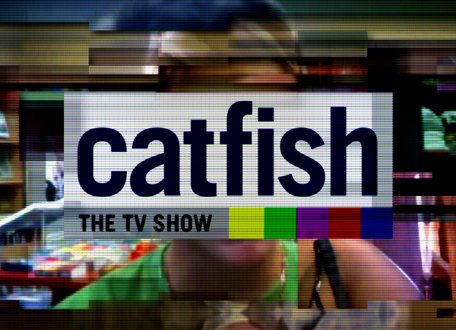
In December of 2010 I went on leave from my job in the United Arab Emirates to visit Egypt with a coworker. On the first night after we landed in Alexandria, he crashed out in the hostel and I wandered around to get a feel for the streets. I ended up walking through a street demonstration with several people giving speeches in Arabic over megaphones, but I was not aware of what the speeches were about. The fact that I wandered into the demonstration at all indicates my poor situational awareness.
Later, in Cairo, my coworker asked a taxi driver, “So what do you think of Mubarak?” The taxi driver said, “I cannot speak about Mubarak, but I feel eventually we will have to speak about Mubarak. Because, see, we cannot talk about Mubarak, so we have to talk about Mubarak. You see?” Unfortunately, that would be the full extent of my personal experience with what later became internationally known as the Arab Spring, which swept the news a full week after my return from Egypt. I didn’t even know what I was looking at until various media told me.

Three years later, Netflix has distributed a documentary called The Square, after Tahrir Square in Cairo, which came to be the focal point of mass protest against Mubarak’s and subsequent regimes. The Square has been nominated for Best Documentary in the 2014 Academy Awards. It comes at a point where the topic is so familiar that many people have already solidified their opinions about it, but it’s a new look into the revolution from filmmakers that have been recording the mass protests in secret for several years.
Coming into the documentary with my personal experience as a prelude, I wanted to see how the documentary presented the events in a different manner than the walled-in thirty second clips embedded in shimmering red and blue motion graphics presented in major mass media outlets. As it turns out, the concept of media becomes an underlining metanarrative to The Square’s attempt to reclaim the Arab Spring for the populist revolutionaries.
A range of characters includes Ramy, a musician; Khalid Abdallah, an actor known for his role in The Kite Runner; and various activists, painters, and civil rights watchmen. The main plot, however, surrounds two protestors known as Ahmed and Magdy. Ahmed is a young populist seeking a brand new Egypt after living his entire life under Mubarak’s rule. He’s introduced speaking about his childhood, history, and hopes in the revolution while walking down the street in a heavily vignetted tracking shot that seems to be aiming more for focus tilt and ends up being a serendipitous dreamovision in high contrast DSLR. Magdy is introduced less stylistically as an interviewee attempting to represent the Muslim Brotherhood.
The cameras let themselves be rolled along waves of protestor movements, successfully pulling off a giddy and delirious effect to match the revolutionary fervor as more and more voices join in to describe their hopes of the future. Surprisingly early on in narrative time, Mubarak steps aside and everything seems renewed. And of course, shortly after everything gets much, much worse.
It’s there that the movie gains its focus (though starts racking focus in tighter and tighter focal lengths) to tell a three part narrative of the revolution from the ground level. Mubarak turns out to be only the first part, as the military then moves in and outstays its welcome long enough to set up a Parliamentary election (swept by the Muslim Brotherhood) and a Presidential Election (that goes to Morsi). Mubarak, the military, Morsi: the three acts, each who have access to their own mass media to write a narrative. A military general known as Bekheit insists in an interview that the military was the start of the revolution. A television recording of Muhamed Morsi insists that it was the Muslim Brotherhood.
Without access to mass media, Ahmed, Magdy, and other protestors start gathering together whatever cameras they can to record everything, communicate to each other through social networks and street-level word-of-mouth, speeches, and demonstration, and share videos on YouTube. Khalid Abdallah becomes a sort of Metatron, using his media and entertainment experience and the advice of his father (often a floating head in a Skype window) to put these videos into context and keep eyes on the streets and away from figureheads. Their instinct in this matter is well founded as the demonstrations become targets of brutality and the cheerful characters we met earlier on are beaten, imprisoned, and shot at with live rounds. Warning: the documentarians don’t look away.
Meanwhile, Ahmed and Magdy’s relationship starts to drift as Ahmed becomes more and more aware of the significance of finding a universal, non-military and non-religious constitution, and Magdy’s relationship with the Muslim Brotherhood starts to get ambiguous. On the one hand they are both principled men who feel dedicated to those they supported before, but on the other hand, the realities of conflict and differing opinions rears its ugly head just in time for the new regime to start dividing the ranks of protestors against themselves. Neither man is able to keep everybody on their side of the fence, and the two of them even struggle not to argue amongst themselves.
In the end The Square is merely the first act of a larger narrative history has yet to tell, but it firmly takes the perspective of the populist protestors to fight against the representations of the military and Muslim Brotherhood. It’s also worth studying as a look into the learning curve of a revolution, as individuals are increasingly left with the burden of representing themselves and their fellow activists coherently and in a manner that doesn’t get subverted from above or contradicted from below.


